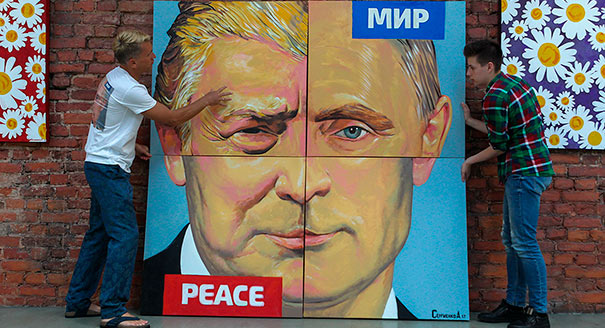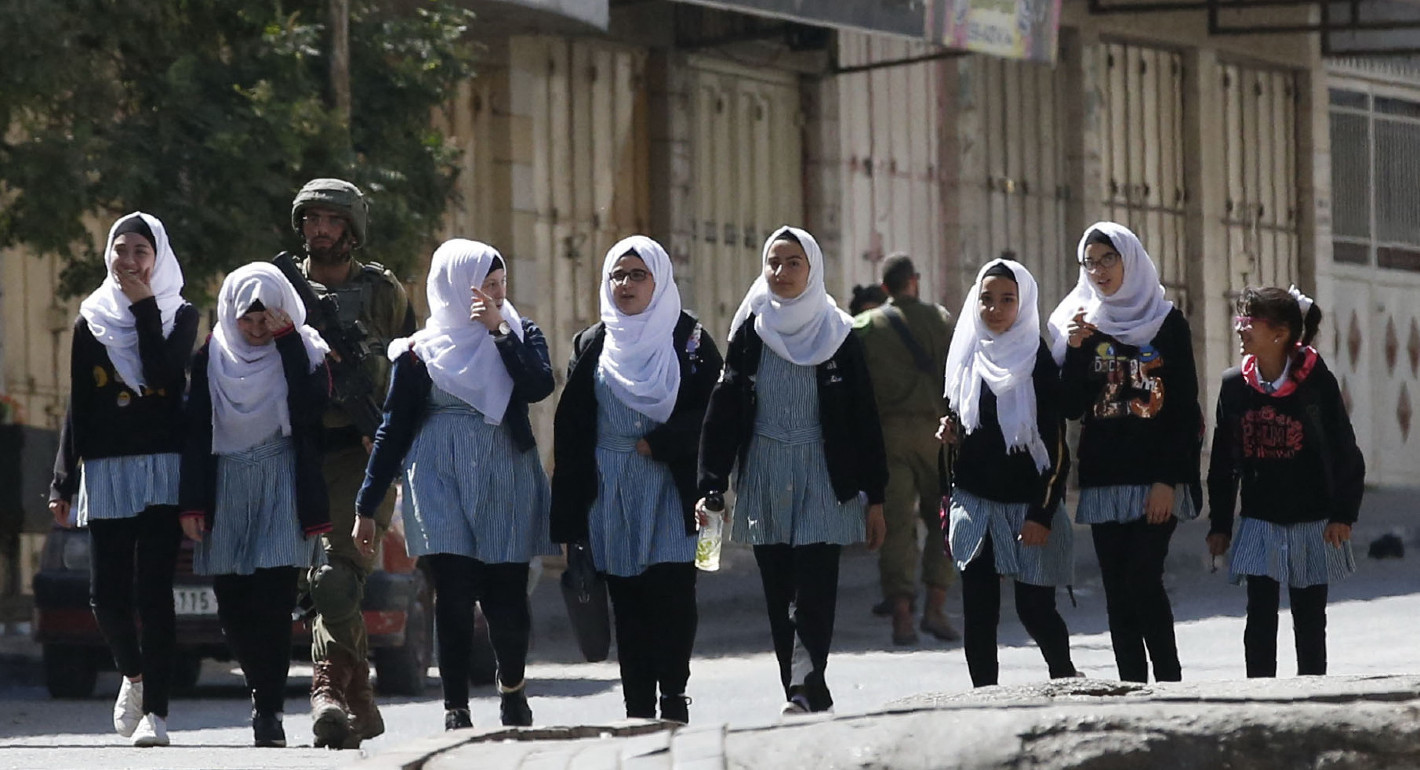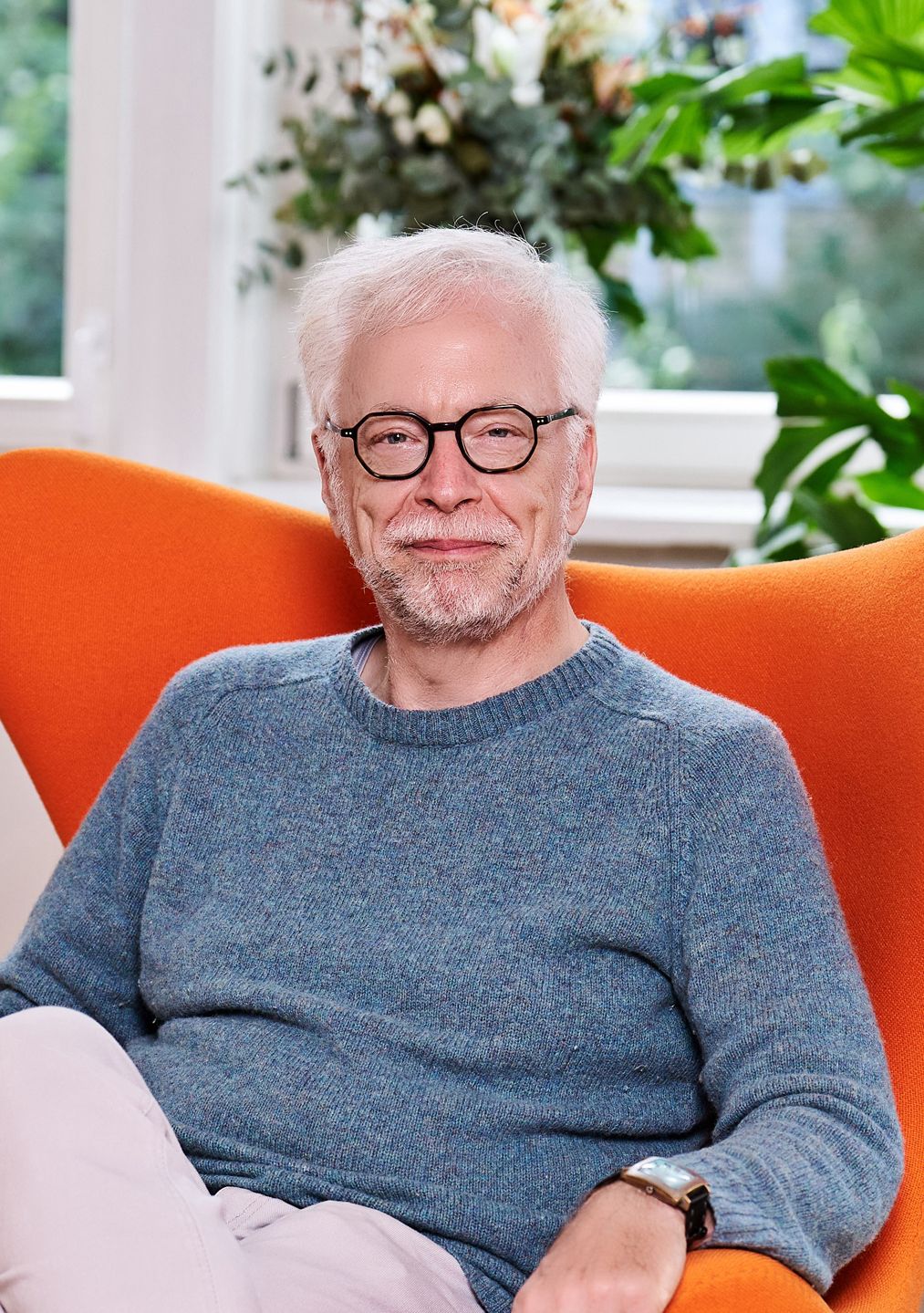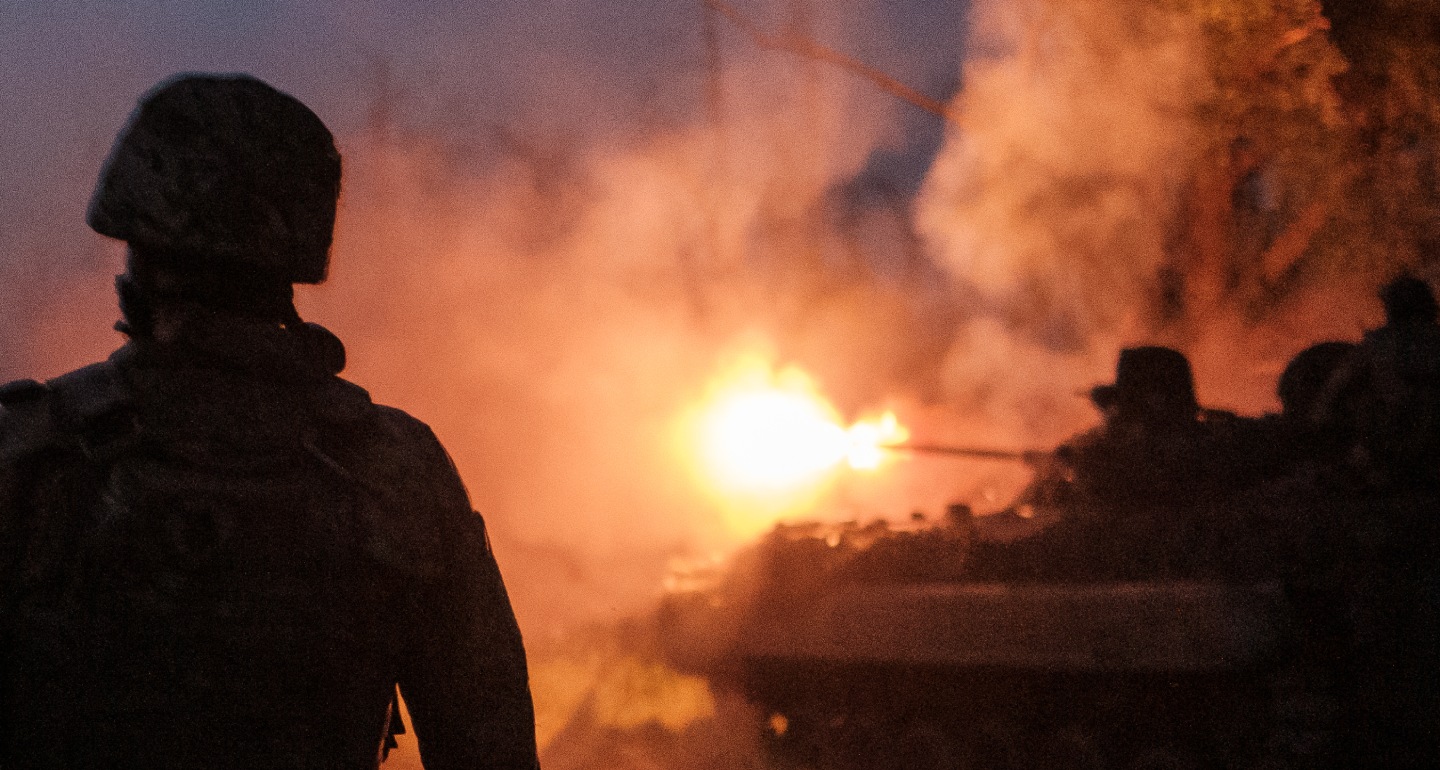Russians paid special attention to last year’s U.S. presidential elections. According to Levada Center data, with the exception of rising prices on consumer goods, Russians saw Trump’s victory as the main news story of 2016. This was likely because of the state media’s focus on Trump: according to analyst Giorgio Comai, Russia’s leading television channels mentioned Donald Trump several times more often than they mentioned Vladimir Putin in January and February 2017.
Indeed, the fact that Russians are aware of Trump doesn’t mean that they really care about him. Surveys conducted in August and October of 2016 showed that no more than 12 to 15 percent of Russians were “closely monitoring” the U.S. presidential election. Most Russians paid cursory attention to the political news coming out of the United States—watching daily updates on television, but without particular interest.
For most Russians, national television channels are still the main source of domestic and international news. Russians will care about an issue insofar as it receives significant TV coverage; once a topic falls from the headlines, viewers quickly begin to focus on something else. This was the case with the conflict in Ukraine, which attracted considerable attention for a year and a half, but had almost completely disappeared from Russians’ radar by mid-2015.
For now, Russians are cautiously optimistic about Trump. Immediately after the election, 54 percent of Russians hoped that a Trump presidency would lead to improved Russian-U.S. relations, but by his inauguration in January, this number had fallen to 46 percent. By way of comparison, in 2009, 40 percent of Russians hoped that Obama’s election would bring better relations with Russia, but just five years later, when U.S.-Russian tension peaked in late 2014, only 2 percent of Russians had a positive view of Obama.
Thus, despite favorable perceptions of the new U.S. president (60 percent of Russians supported Trump immediately following the election), Levada Center focus group participants were reserved in their view of the prospects of Russian-U.S. relations. The failed “reset” in relations is still fresh in their minds. One focus group member said in January 2017: “They all promise mountains of gold at first. We’ll live and we’ll see. At first Obama also talked a pretty good game.”
Nevertheless, Donald Trump’s victory considerably improved Russians’ attitudes toward the United States. Between November 2016 and February 2017, the share of Russians who said they felt “negatively” about the United States fell from 56 percent to 49 percent, while the share of Russians who reported feeling “positively” about the United States increased significantly, from 28 percent to 37 percent. However, it would be incorrect to attribute the entirety of this improvement to Trump—the first signs of warming sentiments could be seen a year and a half before the presidential election.
Anti-Americanism was at its worst in late 2014 and early 2015, when 81 percent of Russians had an “unfavorable” view of the United States. Since then, the Russian public’s view of the United States has been slowly improving, a process that has simply accelerated with Trump’s victory. Russians’ attitudes toward Europe have followed a similar trajectory. Thus, the change in sentiment should be attributed not to Trump’s victory but rather to the Russian leadership’s desire to improve relations with Western countries, as reflected in the rhetoric spread across state television channels.
There are two possible ways forward. If Moscow can reach a compromise with the West, Russian television channels will back off their criticism of the United States and Europe, and Russian citizens’ attitudes toward Western countries will continue to improve. If a compromise cannot be achieved, then we can expect another cycle of anti-Western rhetoric and no perceptible change in public opinion.
Either scenario is possible because Russian anti-Americanism is only partially driven by televised propaganda. Russians developed a negative attitude toward the United States over the course of the 1990s, coming to see America as hostile and condescending to Russia, and this attitude has remained effectively unchanged since.
This sentiment arose largely as a reaction to Russia’s loss of its international prestige following the Cold War and to the rise of American hegemony. Current negative attitudes toward the United States are rooted in umbrage, resentment, and the perceived failure to be recognized as a great power. As focus group participants put it, “if they don’t respect us, they should at least fear us.” Plus, there is a somewhat childish sense that “the West started it” and should thus make the first move toward reconciliation.
Even among those Russians who think well of America, many don’t believe that a deep friendship between the two countries is possible. Still, many Russians would welcome a normalization of relations and an expansion of dialogue with the West—but only if Russia is accepted as an equal partner. Ideal relations between Russia and the United States are often envisaged as mutual acceptance and nonintervention in each other’s affairs. “They’ll leave us alone and we’ll leave them alone,” focus group participants suggested.
Many have posited that Putin’s regime does not want to improve relations with the West because it needs an external enemy to keep its approval ratings high. This is an oversimplification. Several factors affect political leaders’ approval ratings; a standoff with the United States isn’t the only way to increase the regime’s clout. In recent years, the government’s ratings have benefitted less from the conflict with the United States and the drive to “rally around the flag” than from the accompanying rise in Russians’ sense of self-importance and the perception of Russia’s renewed grandeur—a sense that “we do what we want and we don’t care if anyone criticizes us for it.”
Russian politicians can earn legitimacy not only through anti-Americanism but also through cooperation with the United States. If Trump agrees to recognize Russia as a vital geopolitical player, the Russian public will look upon the United States favorably.
We saw this after the September 11, 2001, attacks, when Russia and the United States briefly opened a united front against world terrorism. Back then, the majority of Russian citizens supported bilateral cooperation in the security sector and viewed it as confirmation of Russia’s international importance. We could see something similar play out in the coming years, as international terrorism was central to Trump’s campaign and headlined his first phone call with Putin in January.













